According to the report, the drop in overall sentiment was broad across age, income, and political groups. Among Democrats and political independents, confidence slid to the lowest in data back to 1984. The decline in consumer sentiment has significant implications for the US economy, as it can impact consumer spending, which accounts for approximately 70% of the country's gross domestic product.
Bloomberg Economics US and Canada Economist Stuart Paul attributed the decline in consumer sentiment to the ongoing government shutdown and rising prices. "The government shutdown is weighing heavily on consumer confidence, and the uncertainty surrounding the economic outlook is causing households to become more cautious," Paul said in an interview. "As a result, we're seeing a decline in consumer spending, which is a key driver of economic growth."
The University of Michigan's sentiment index has been closely watched by economists and policymakers, as it provides valuable insights into consumer attitudes and behavior. The index has been declining steadily since the start of the year, with the November reading marking the lowest level since June 2022. The decline in consumer sentiment has also been reflected in the stock market, with the S&P 500 index falling 2.5% in the past week.
The government shutdown, which began on October 1, has caused significant uncertainty and disruption to the economy. The shutdown has resulted in the furlough of hundreds of thousands of federal employees and contractors, and has also disrupted critical government services. The ongoing shutdown has also caused a decline in consumer confidence, as households become increasingly uncertain about the economic outlook.
In addition to the government shutdown, rising prices have also contributed to the decline in consumer sentiment. The Consumer Price Index (CPI) has been rising steadily since the start of the year, with the latest reading showing a 3.2% increase in prices over the past 12 months. The rise in prices has caused households to become more cautious, as they worry about the impact of inflation on their personal finances.
The decline in consumer sentiment has significant implications for the Federal Reserve, which has been closely watching the economic outlook. The Fed has been raising interest rates in an effort to combat inflation, but the decline in consumer sentiment may cause the Fed to reconsider its monetary policy stance. "The decline in consumer sentiment is a concern for the Fed, as it suggests that households are becoming increasingly cautious and may reduce their spending," said Ed Harrison, Bloomberg News Senior Editor and author of The Everything Risk Newsletter.
The current status of the US economy is uncertain, with the government shutdown and rising prices causing significant uncertainty and disruption. The decline in consumer sentiment has significant implications for the economy, and policymakers will be closely watching the situation to determine the best course of action. The next developments in the US economy will be closely watched by economists and policymakers, as they seek to mitigate the impact of the government shutdown and rising prices on the economy.
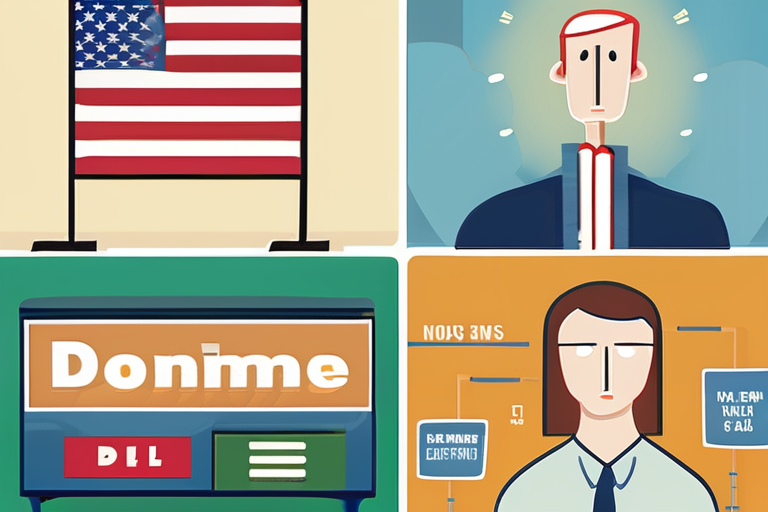


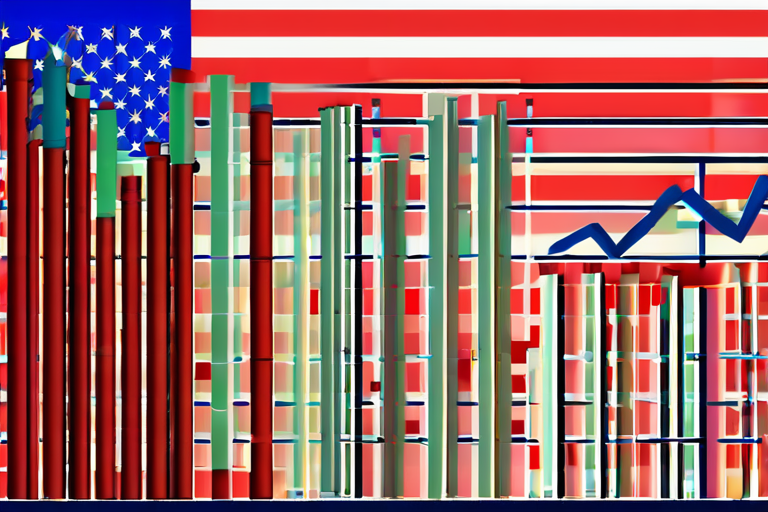
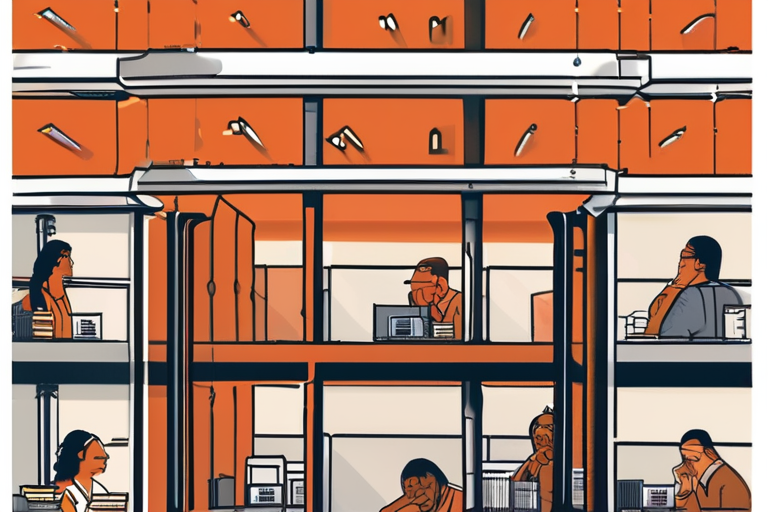
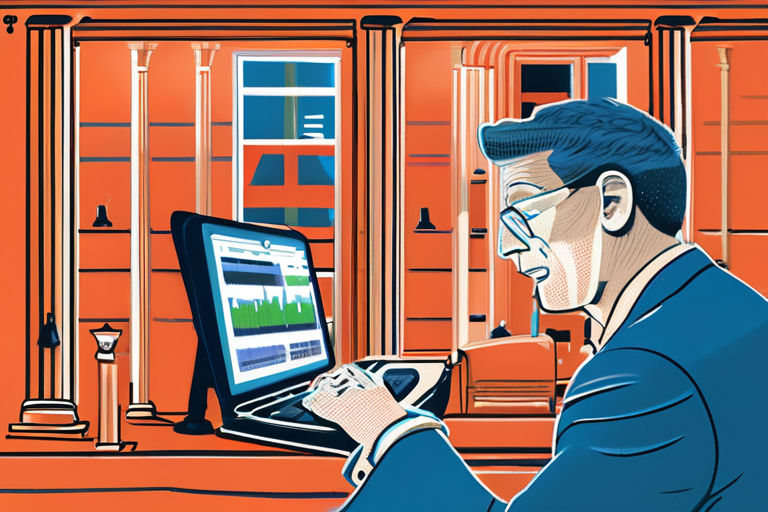




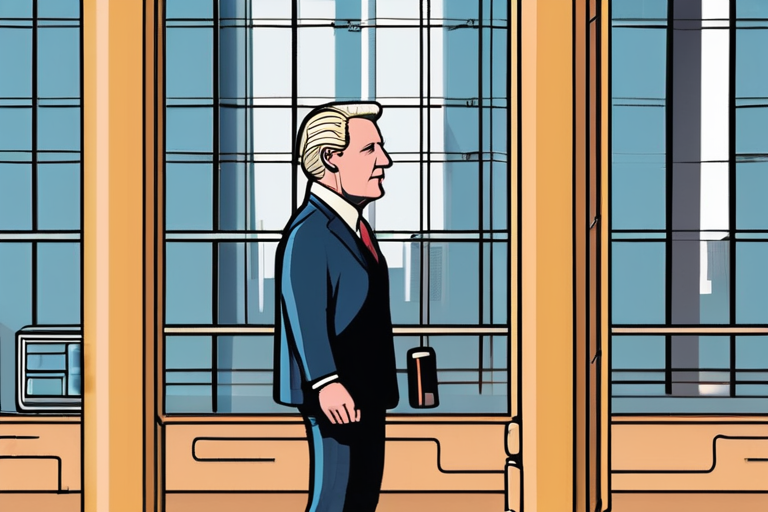
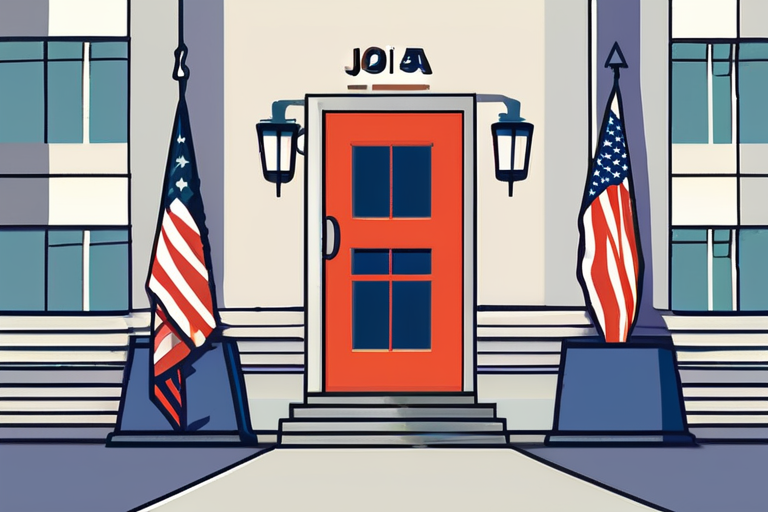
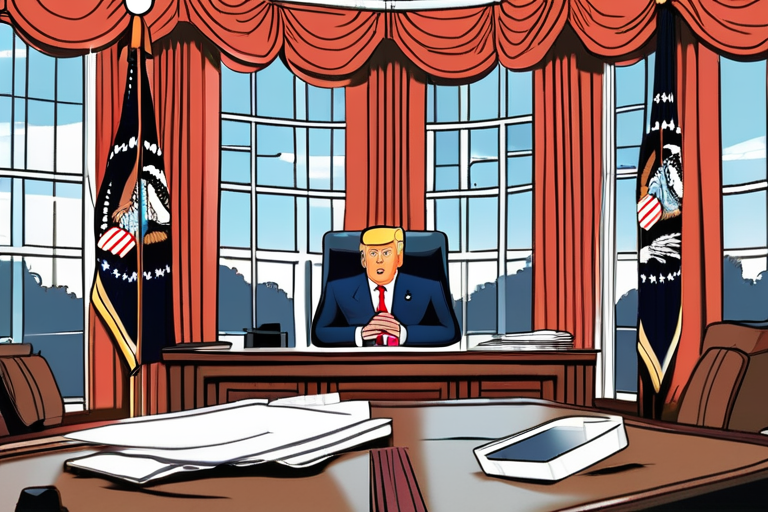
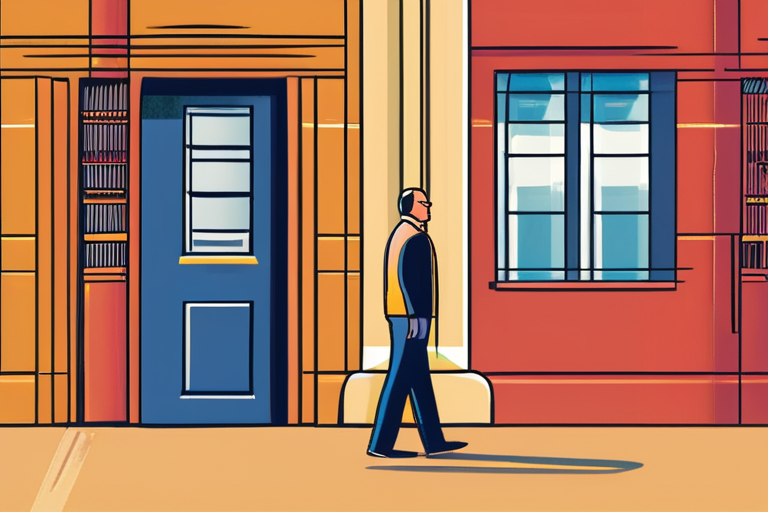
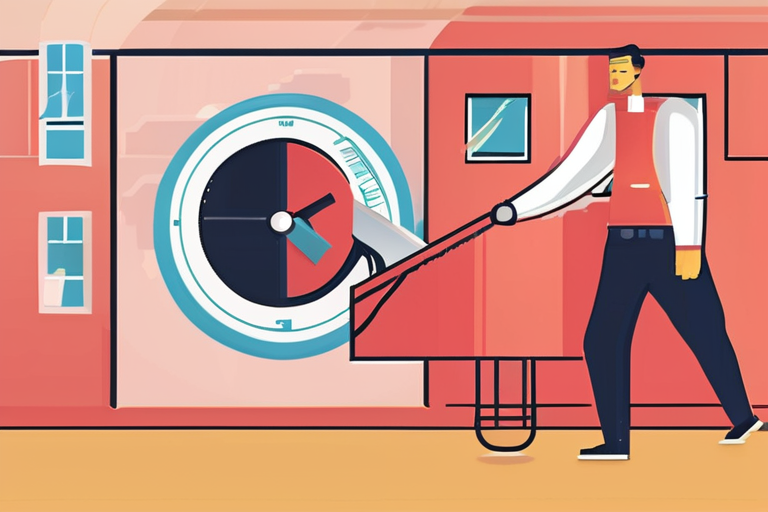
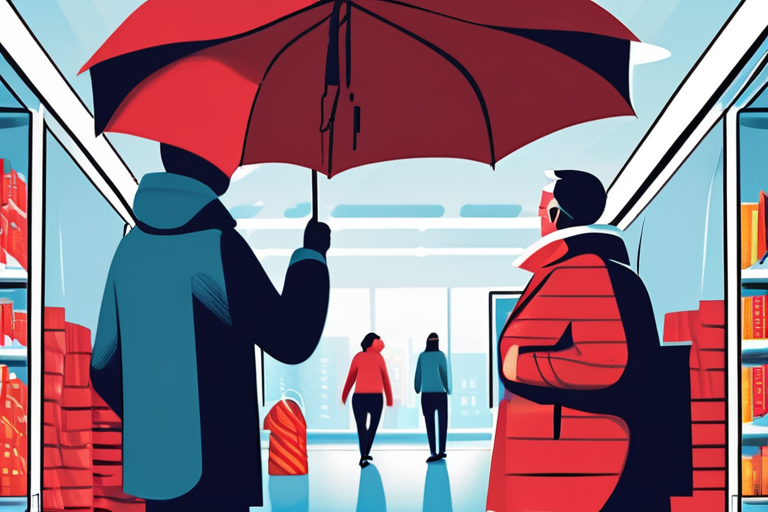
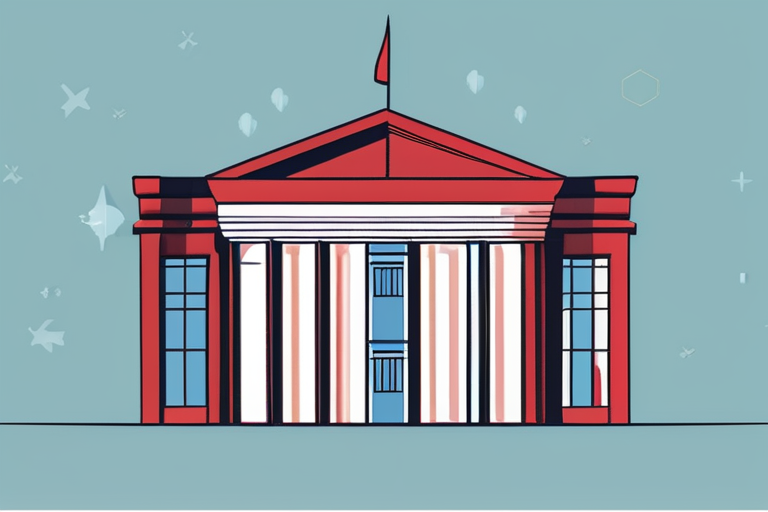
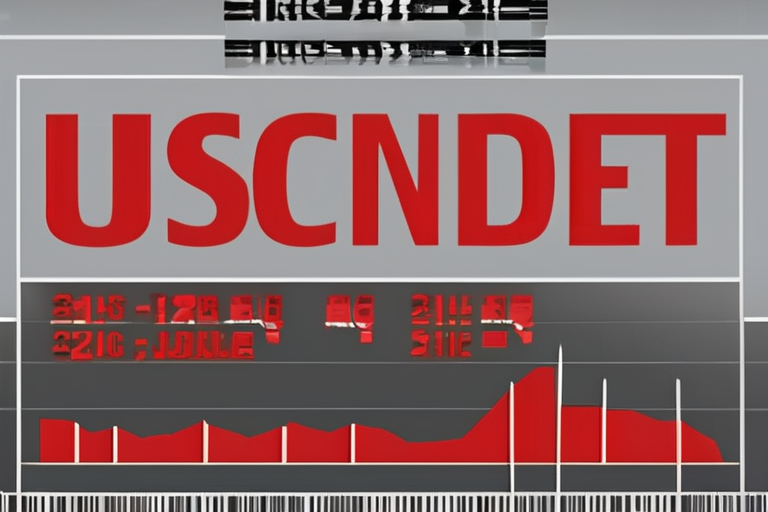
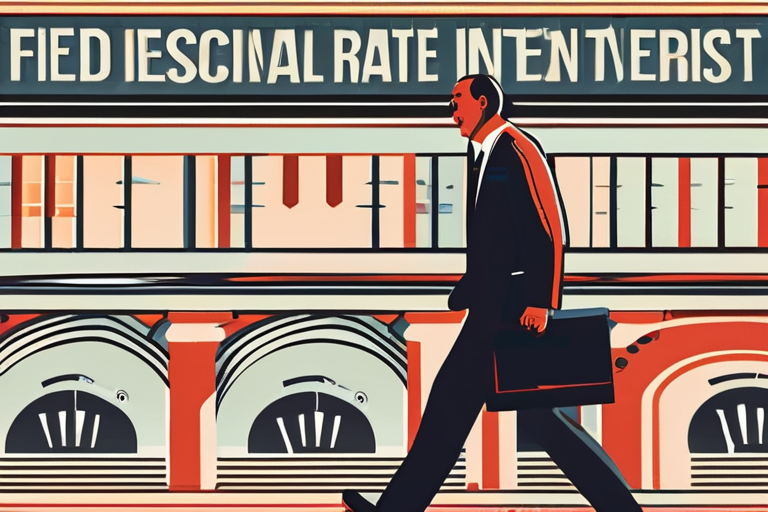
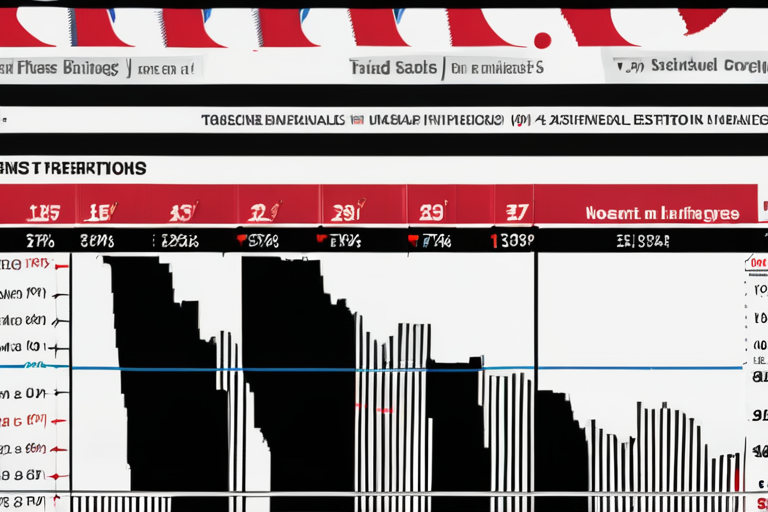

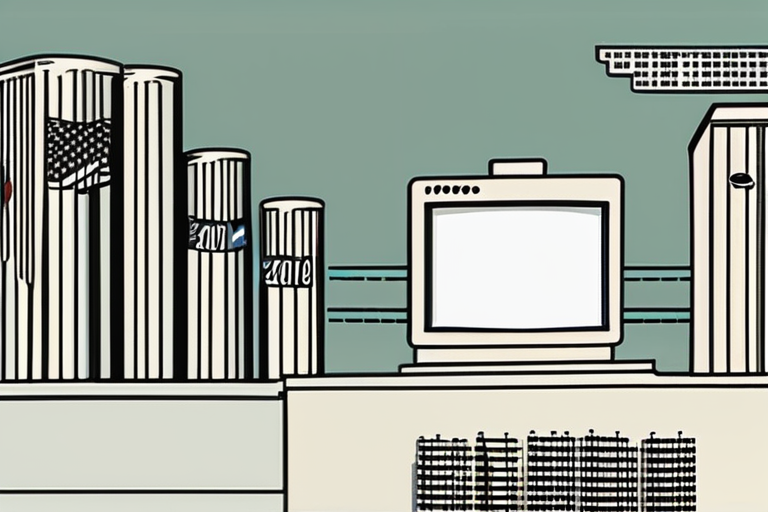



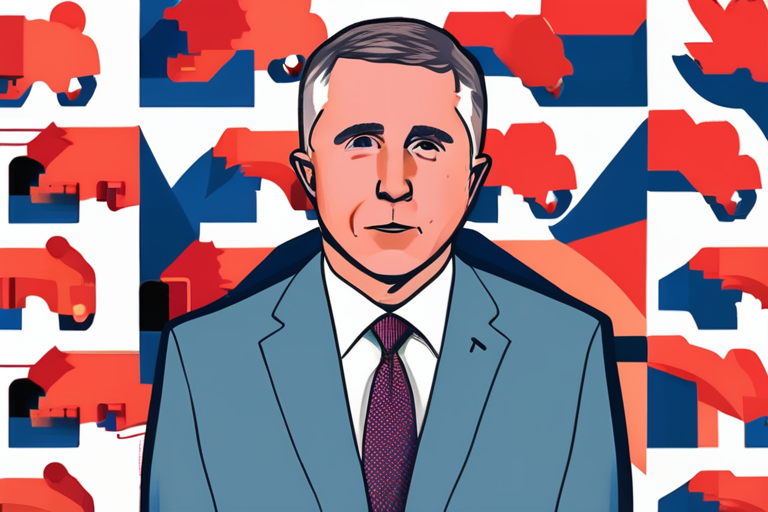

Share & Engage Share
Share this article